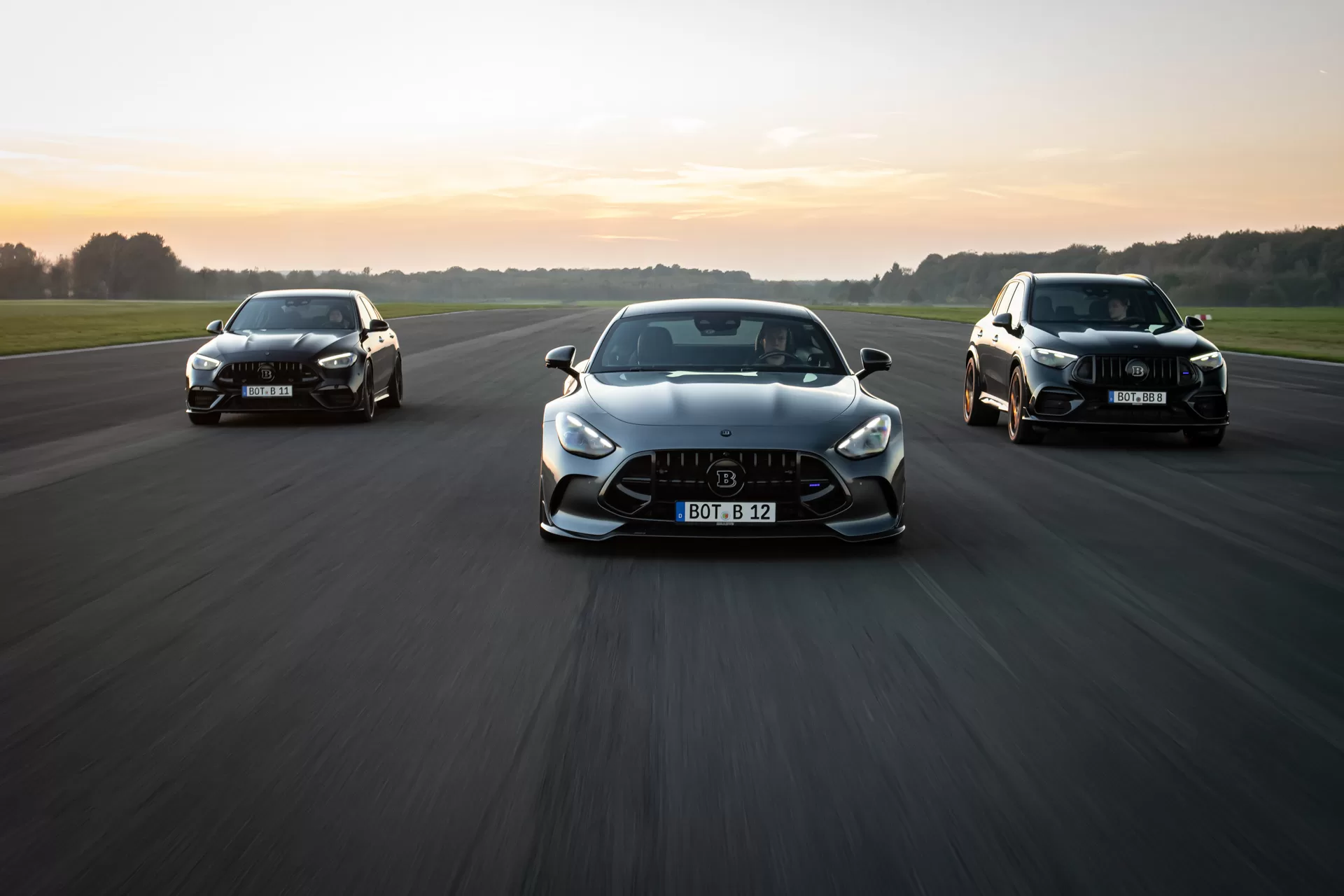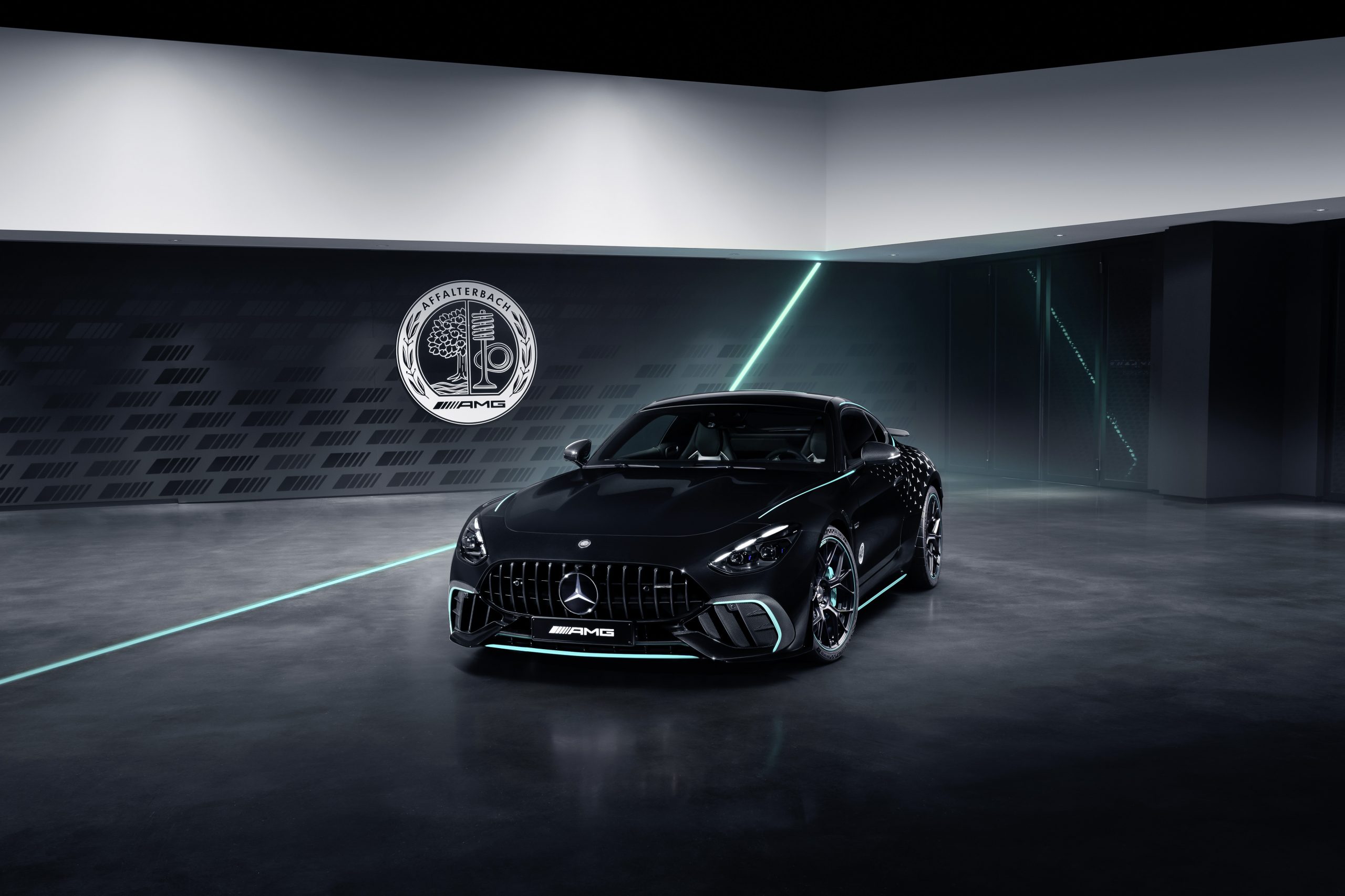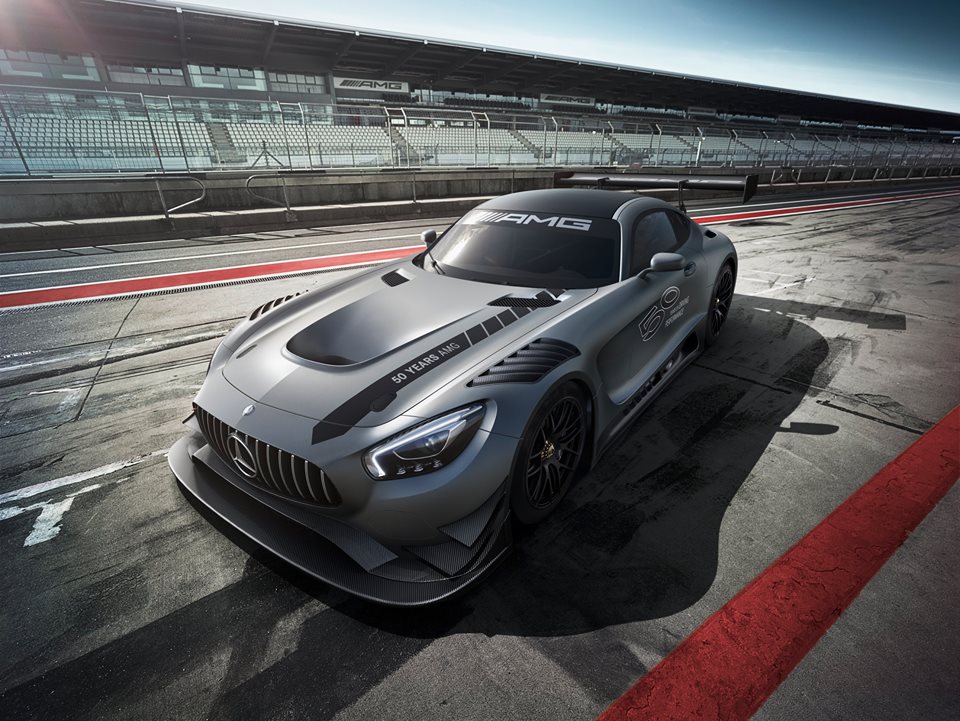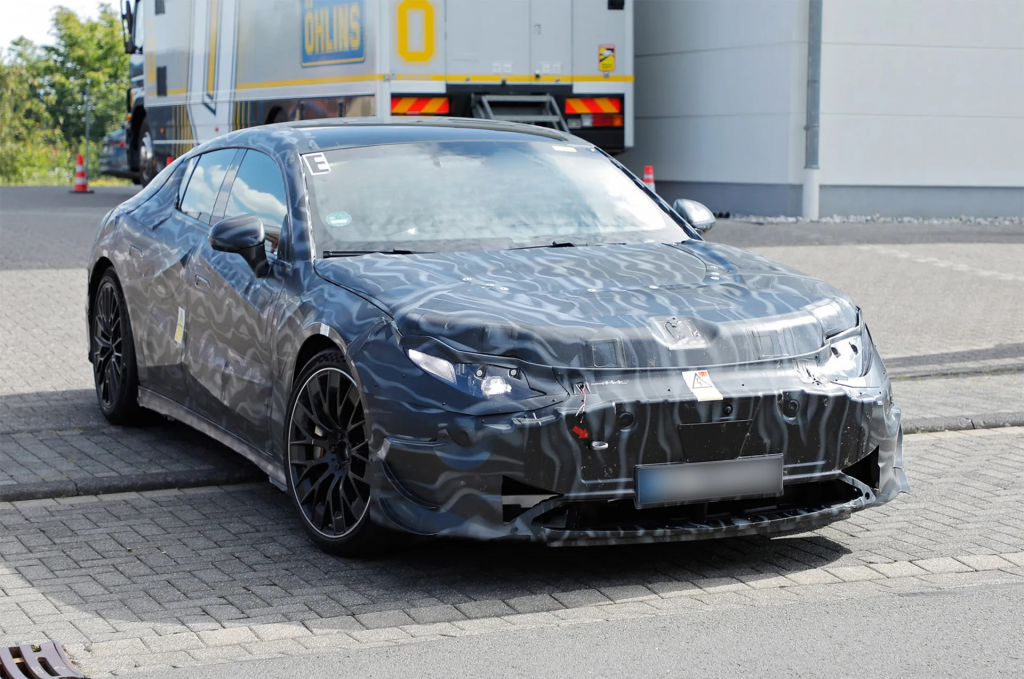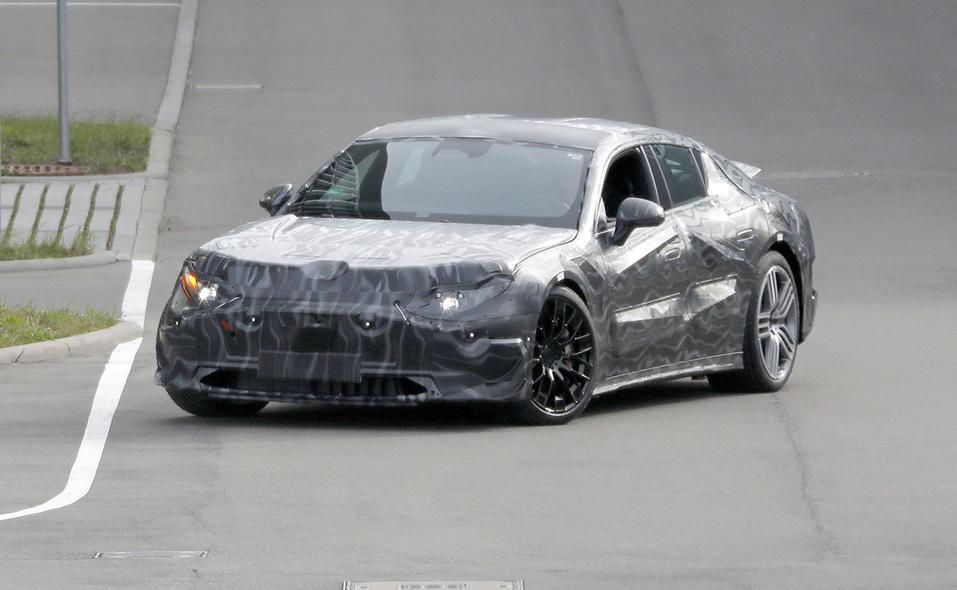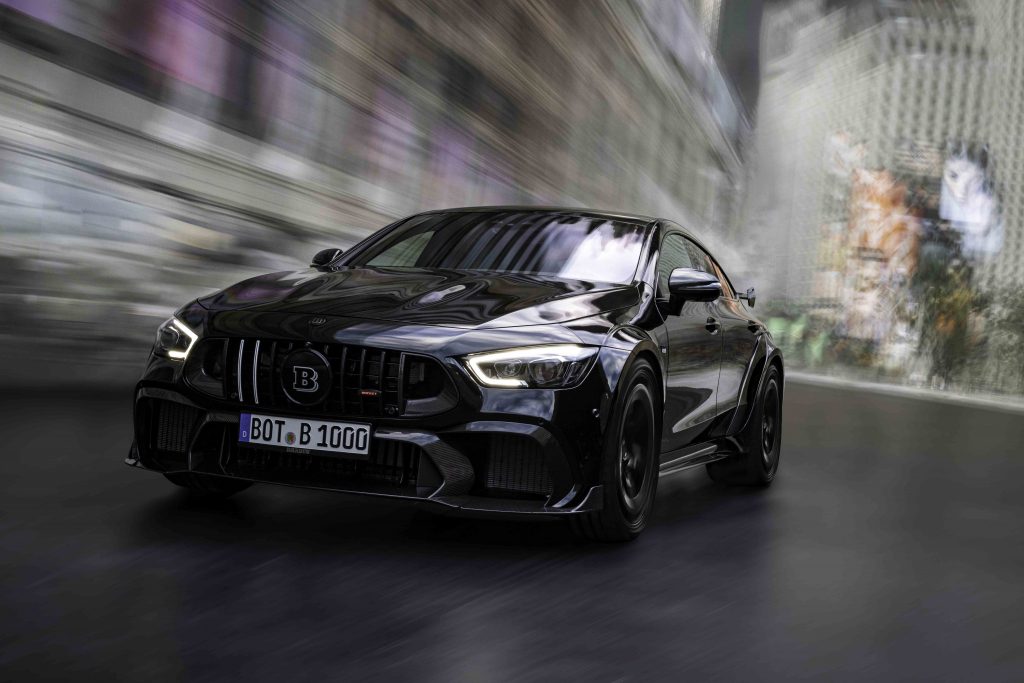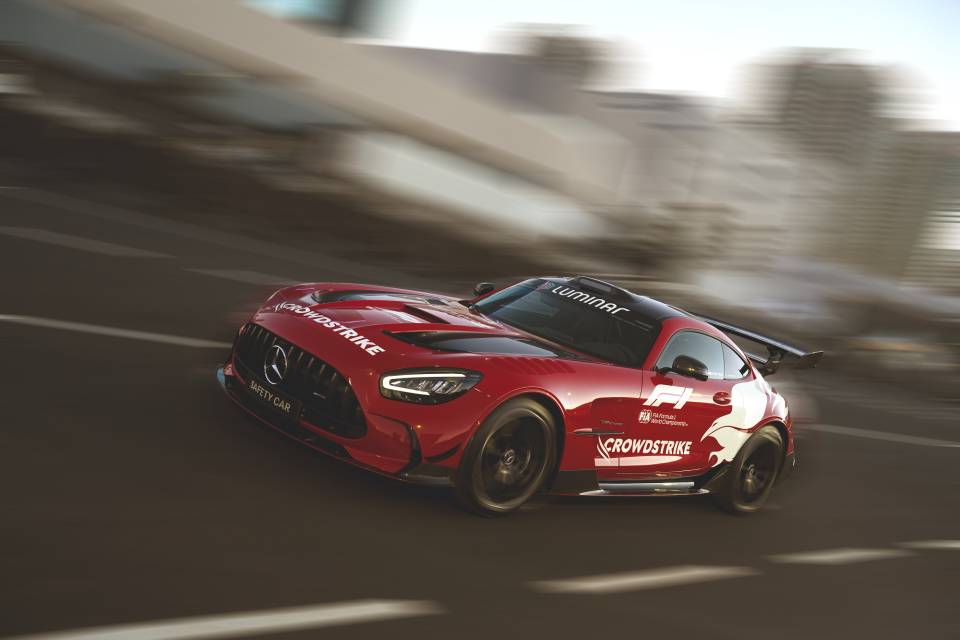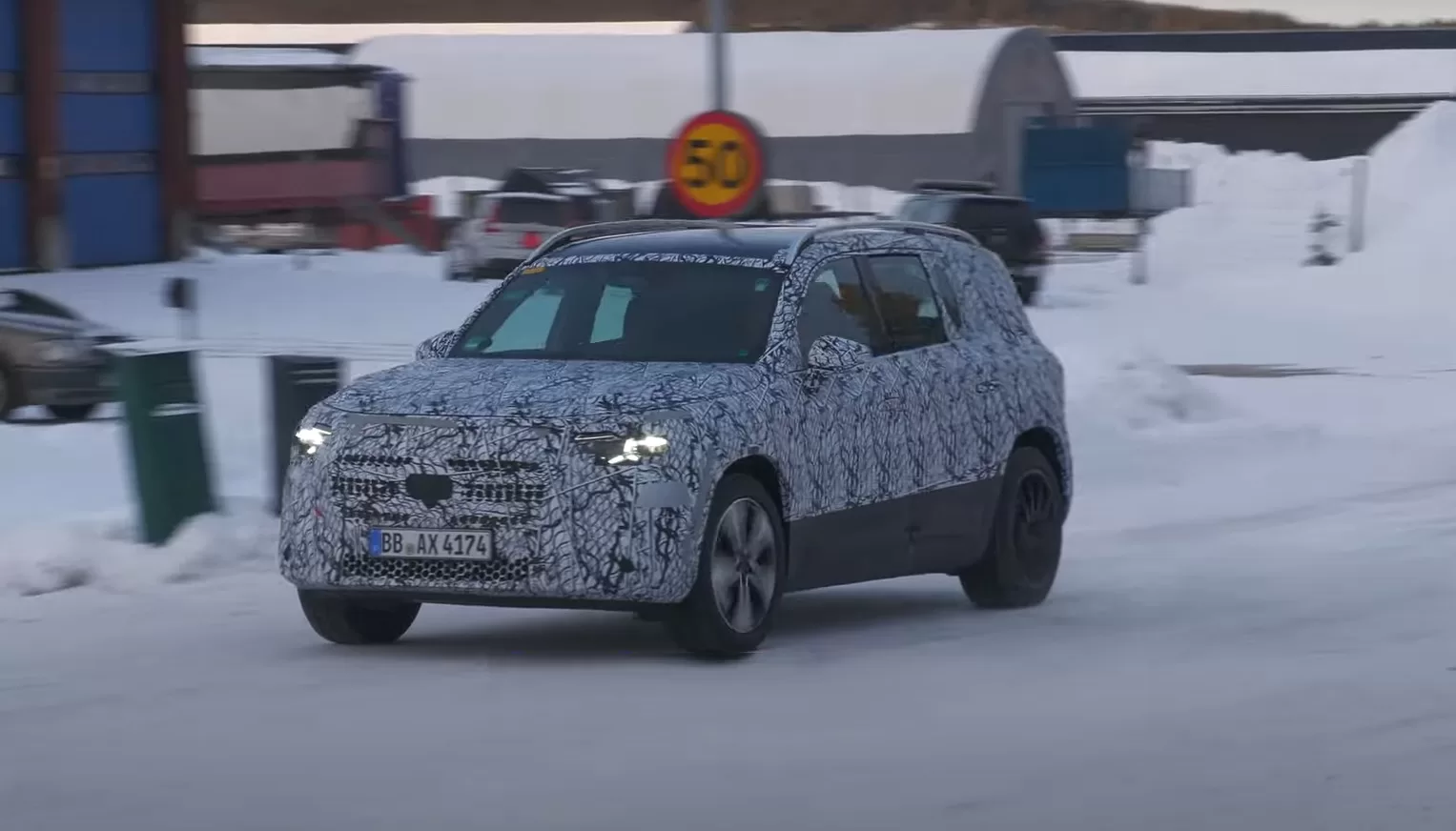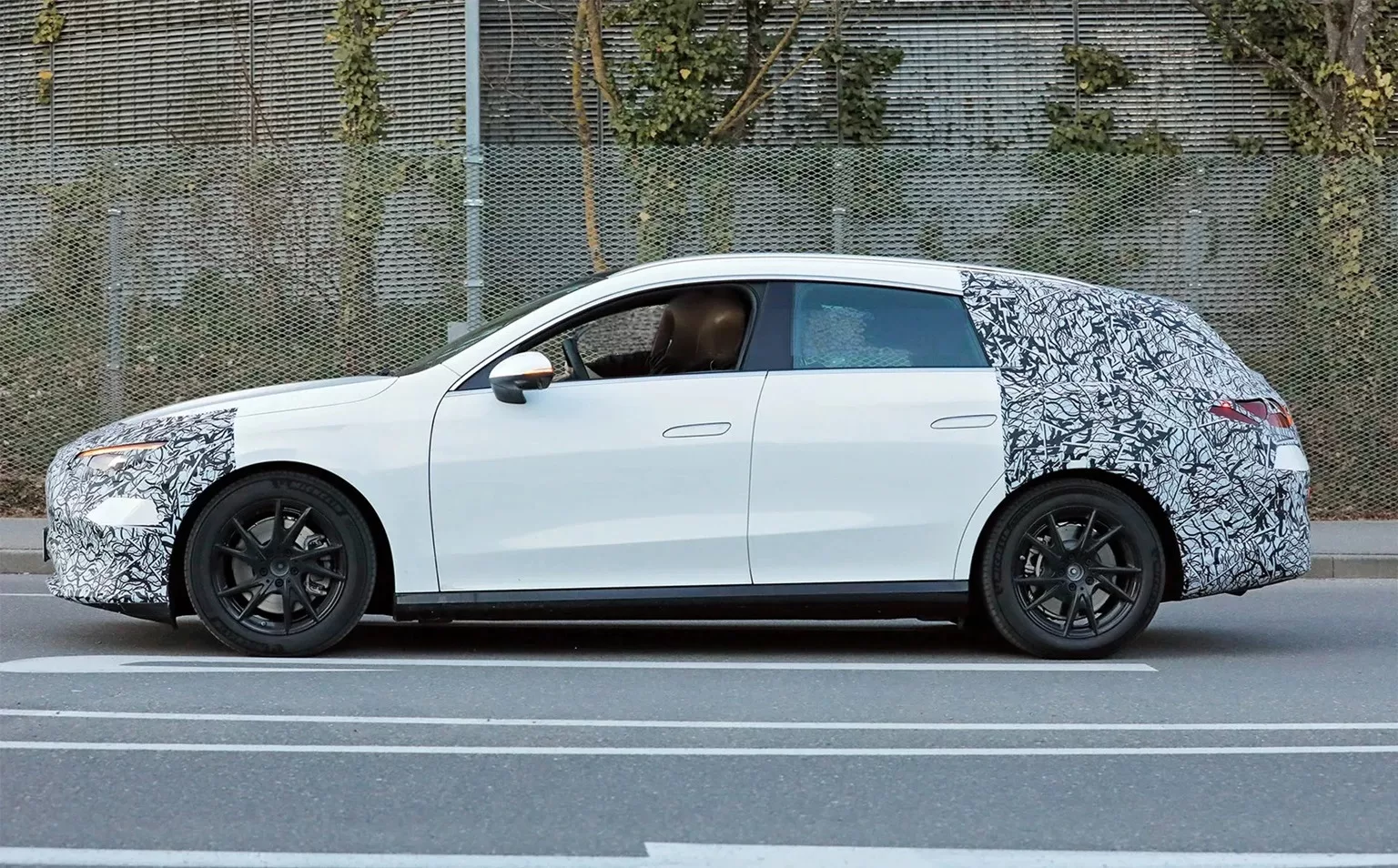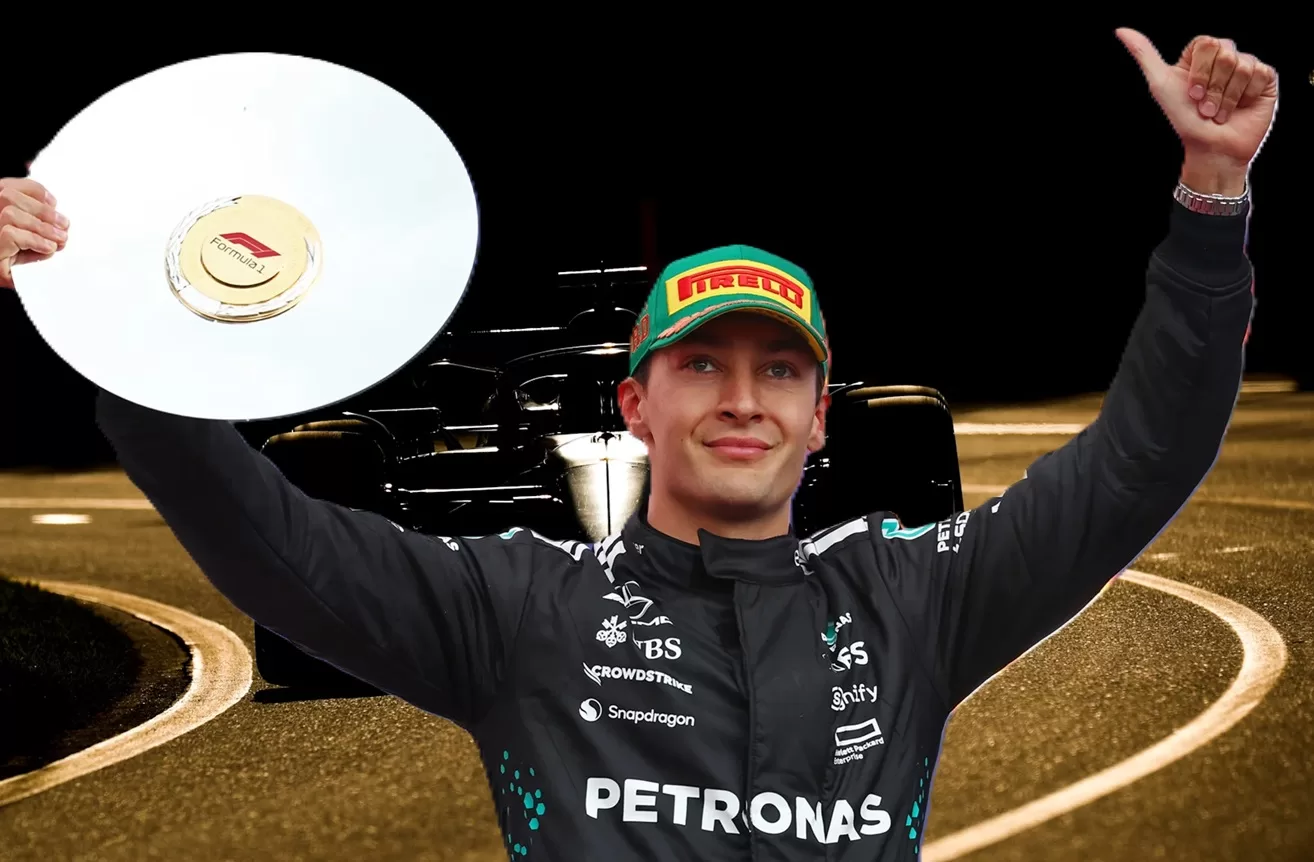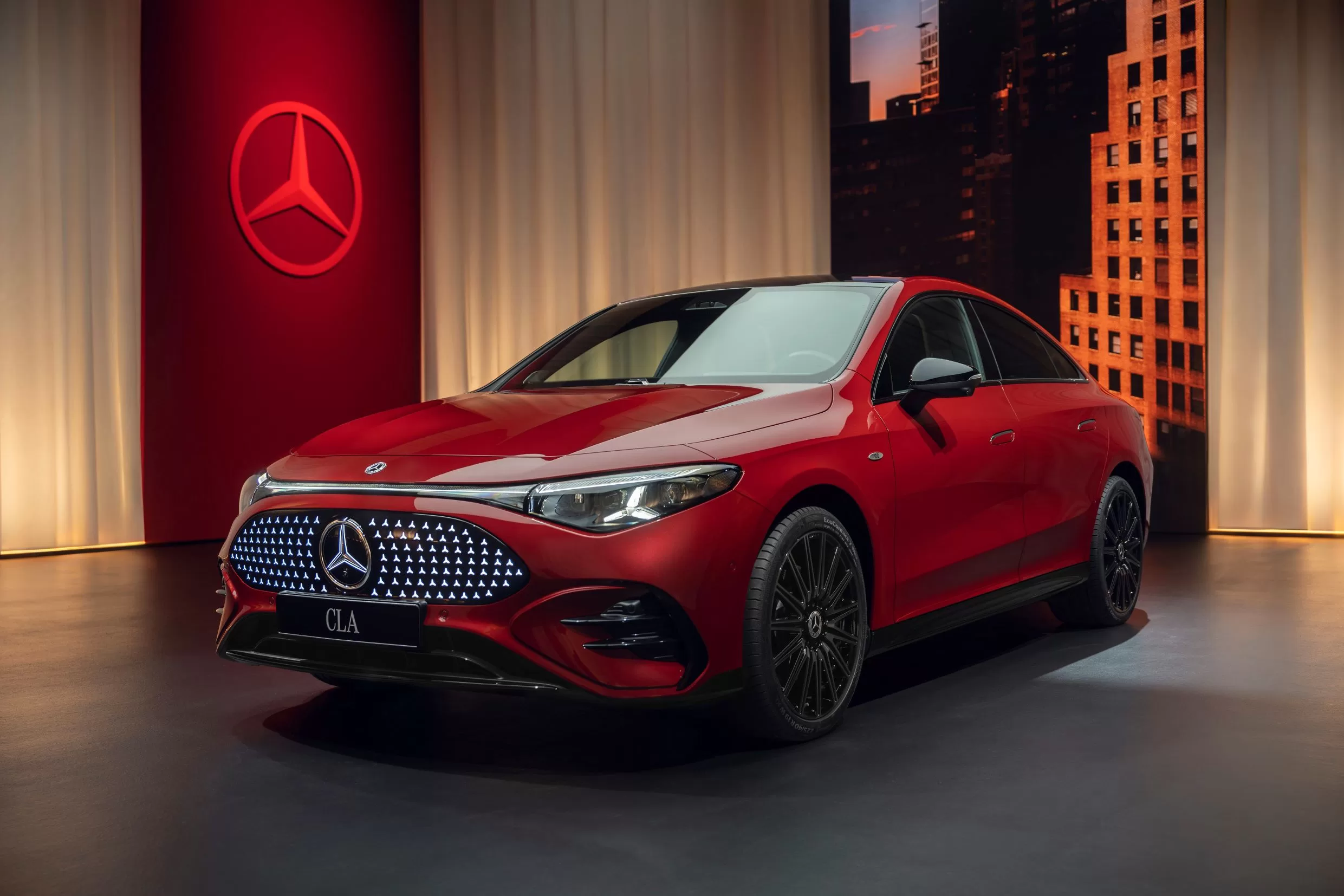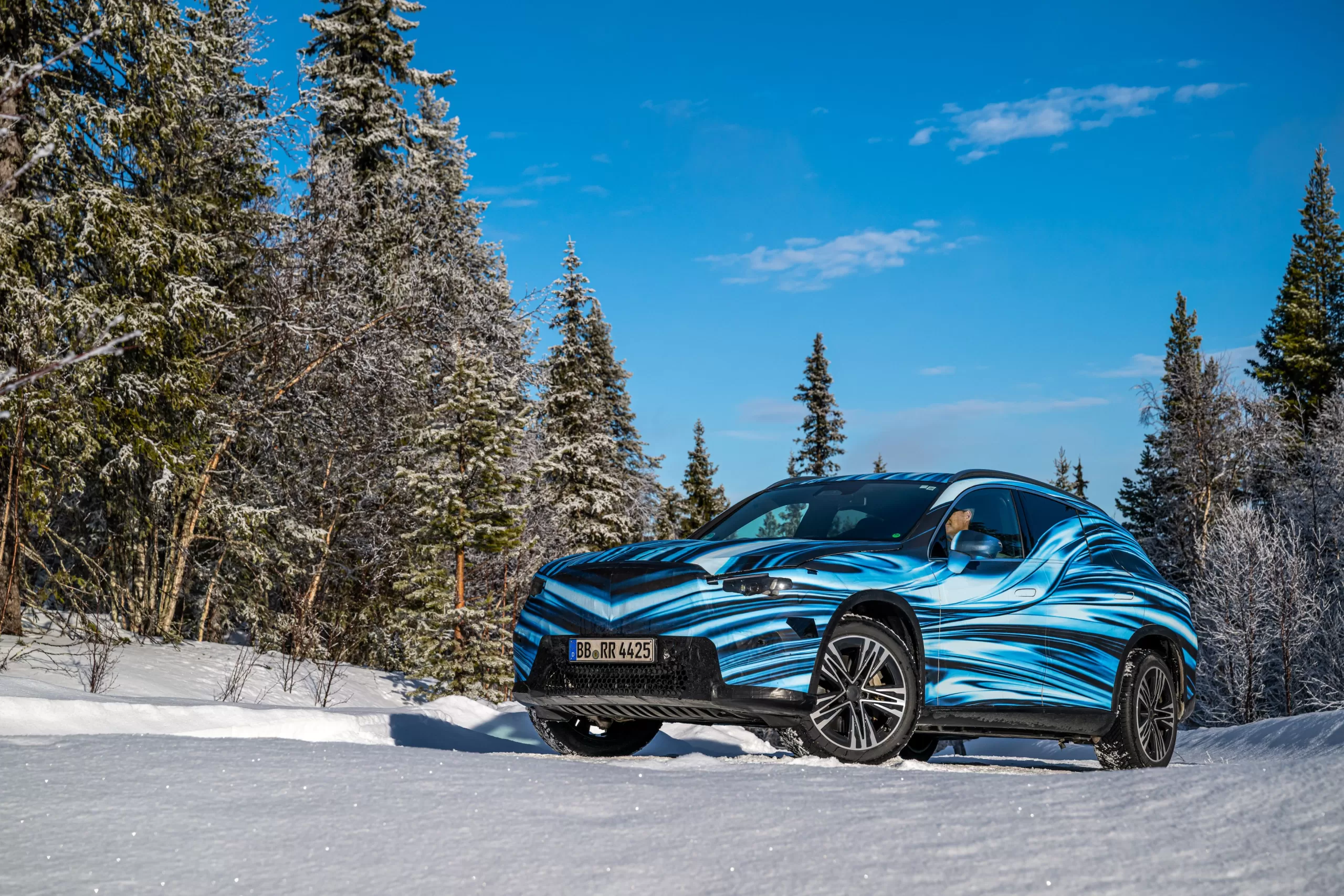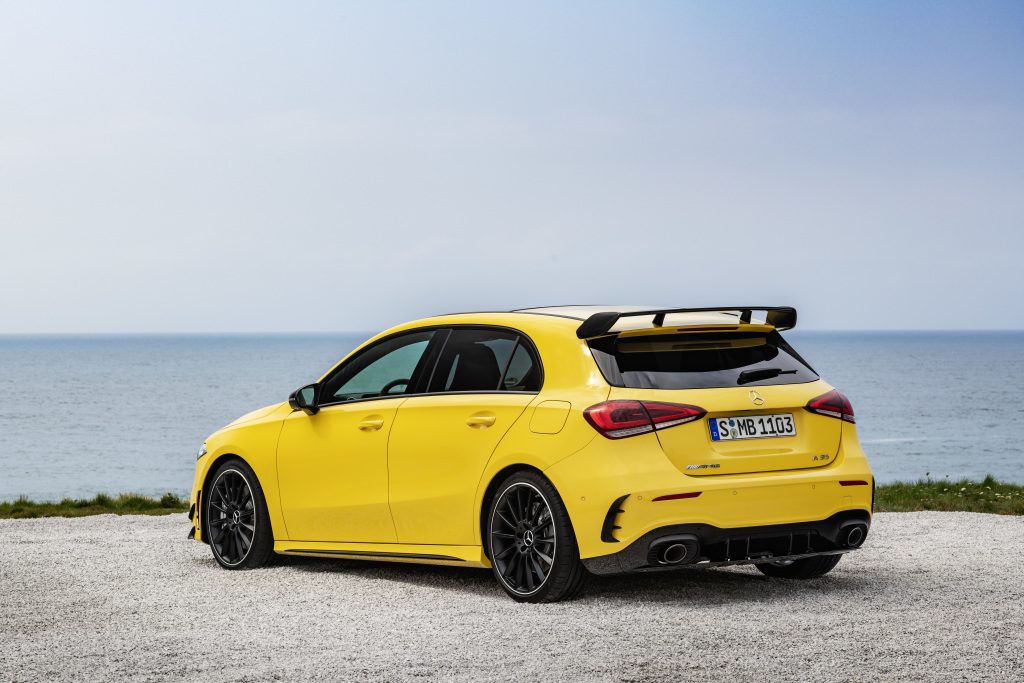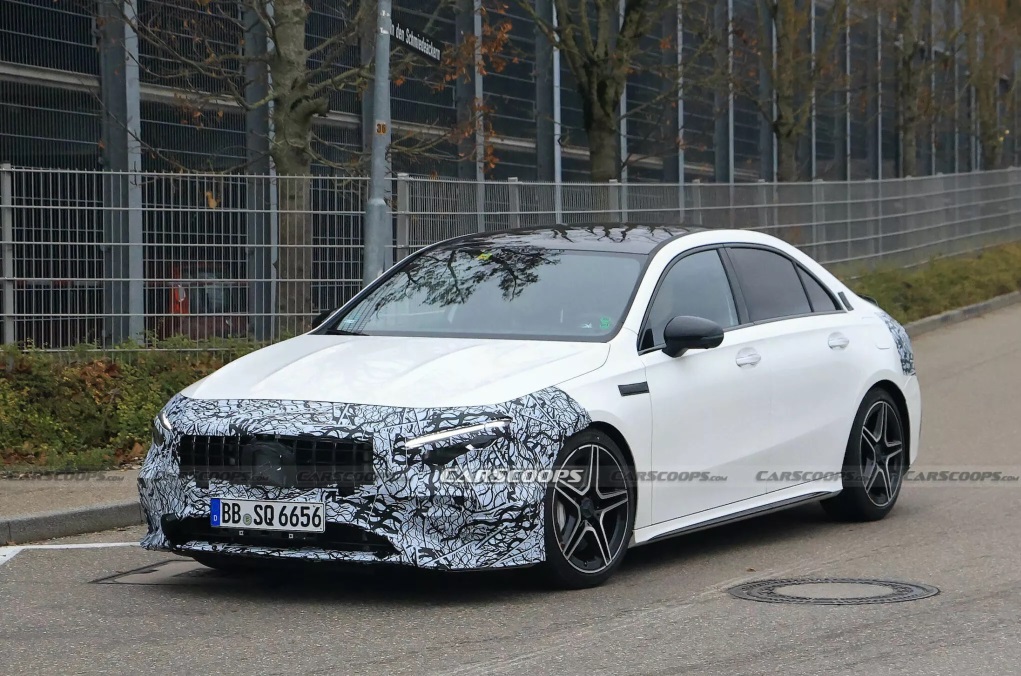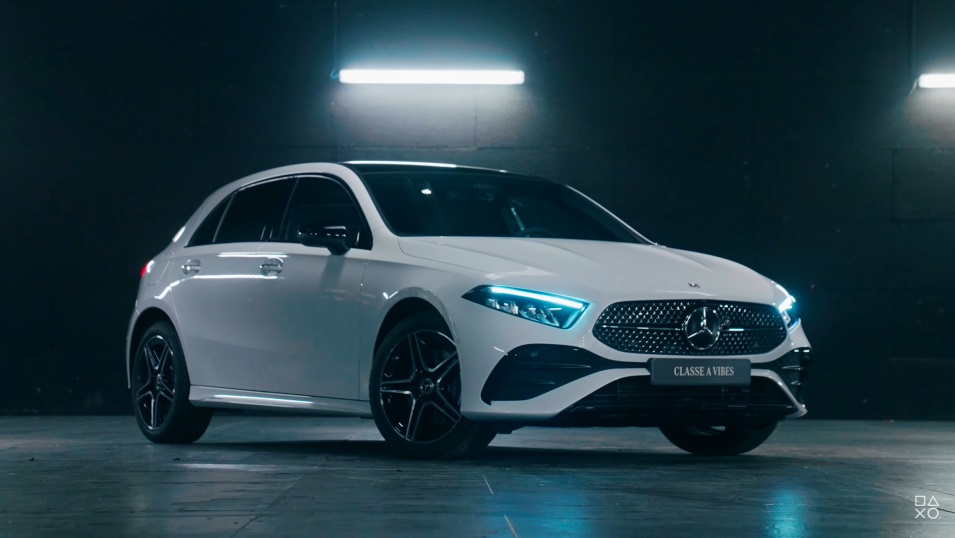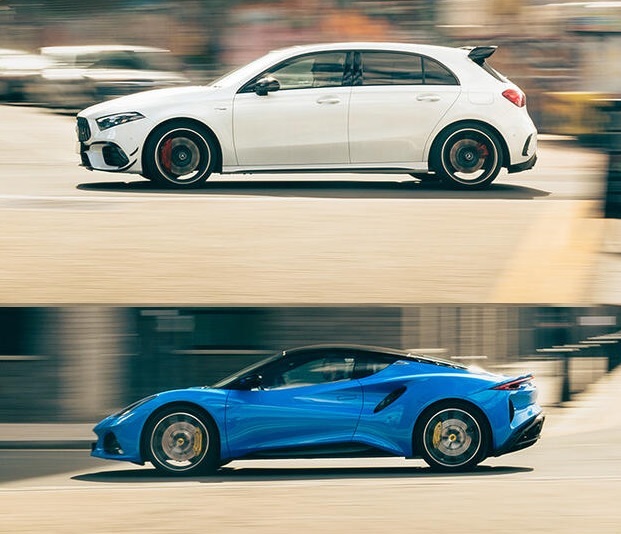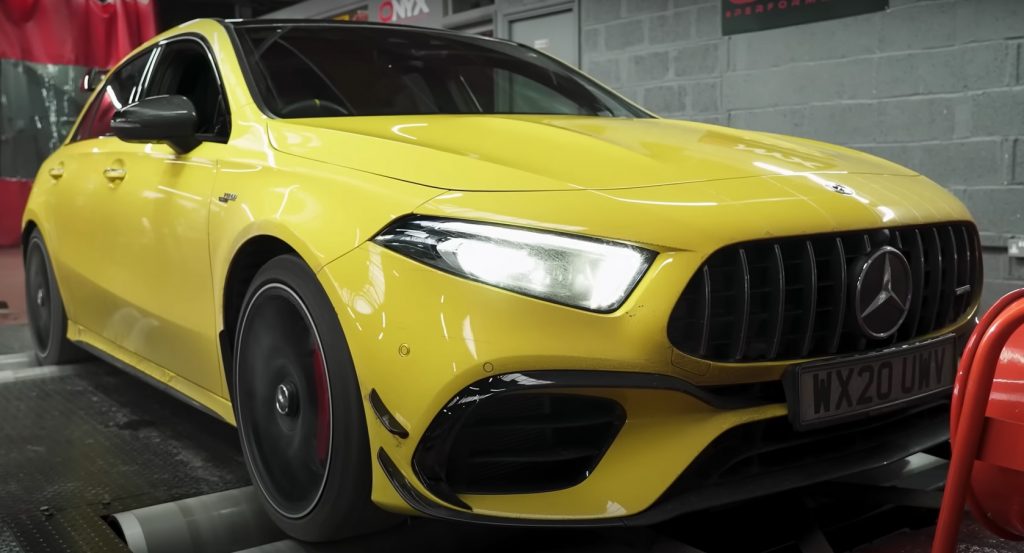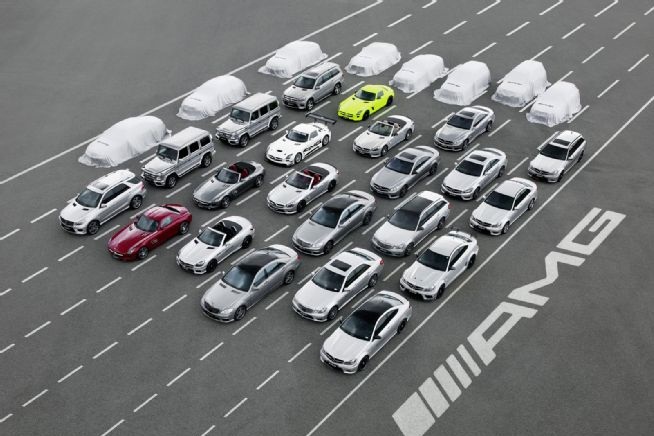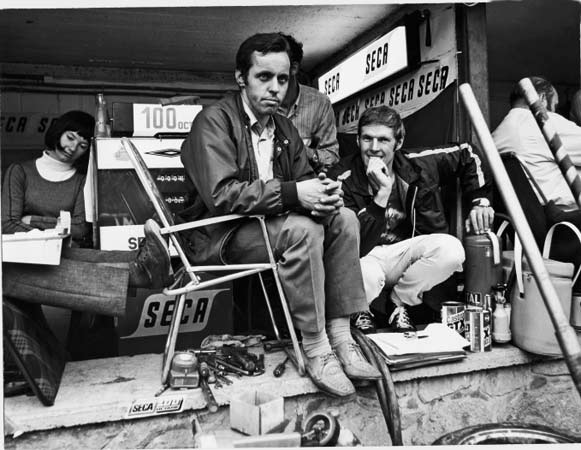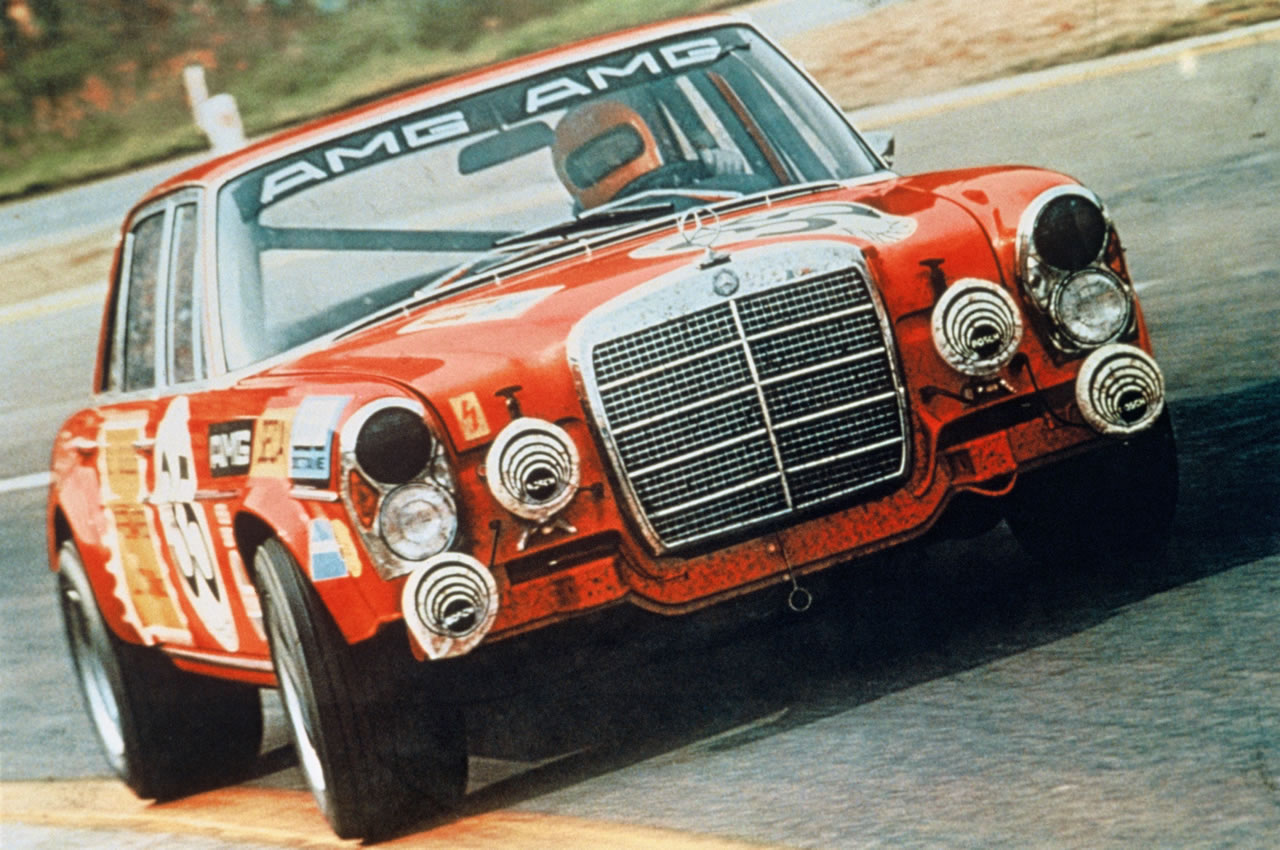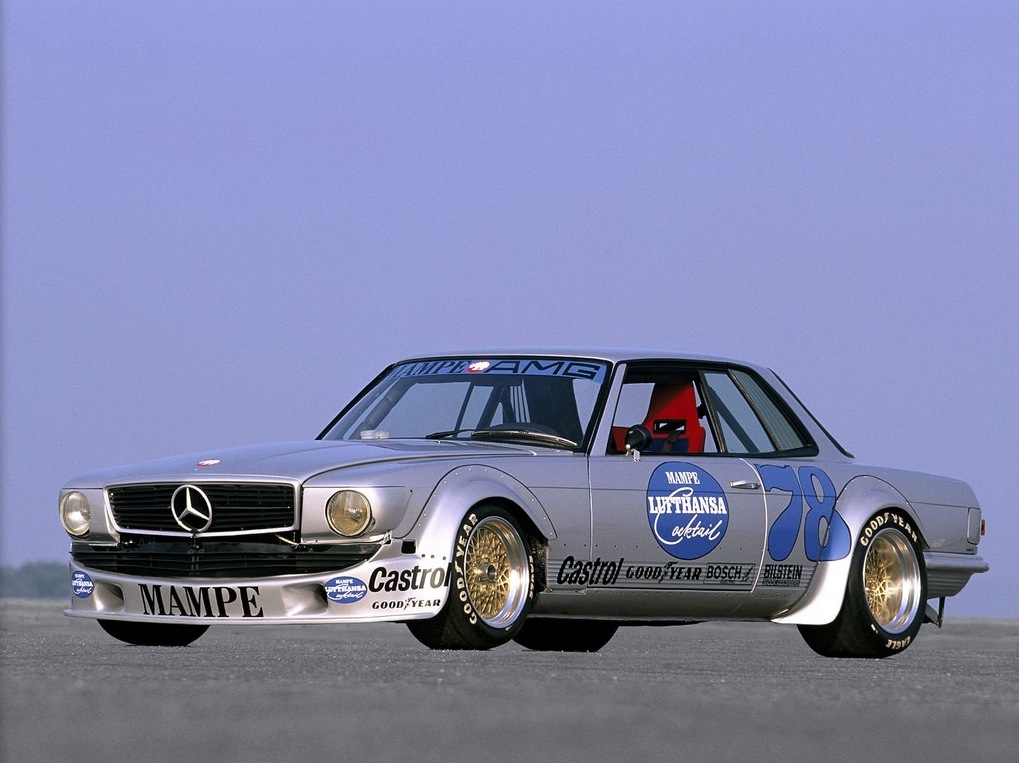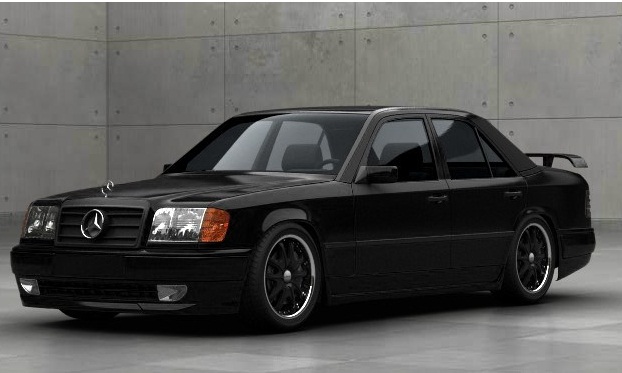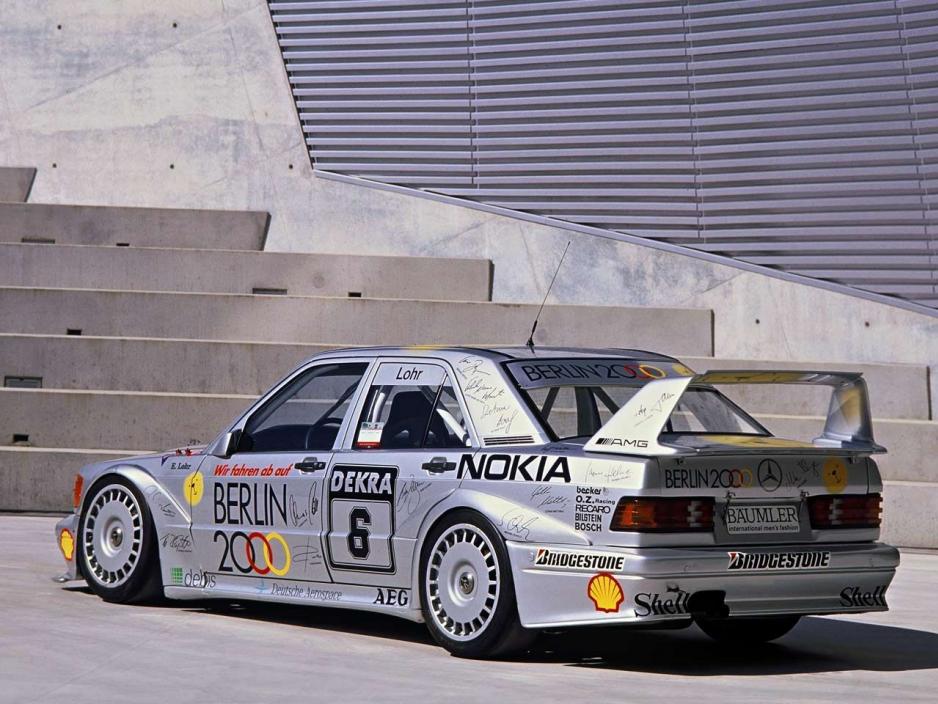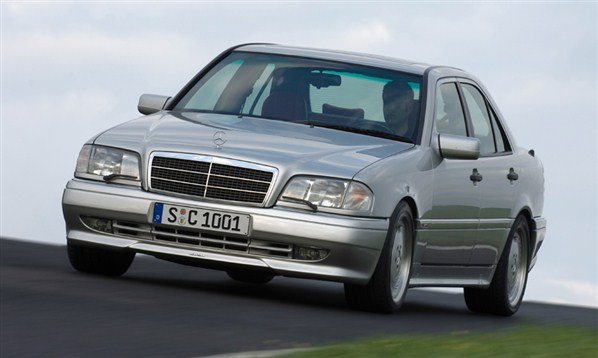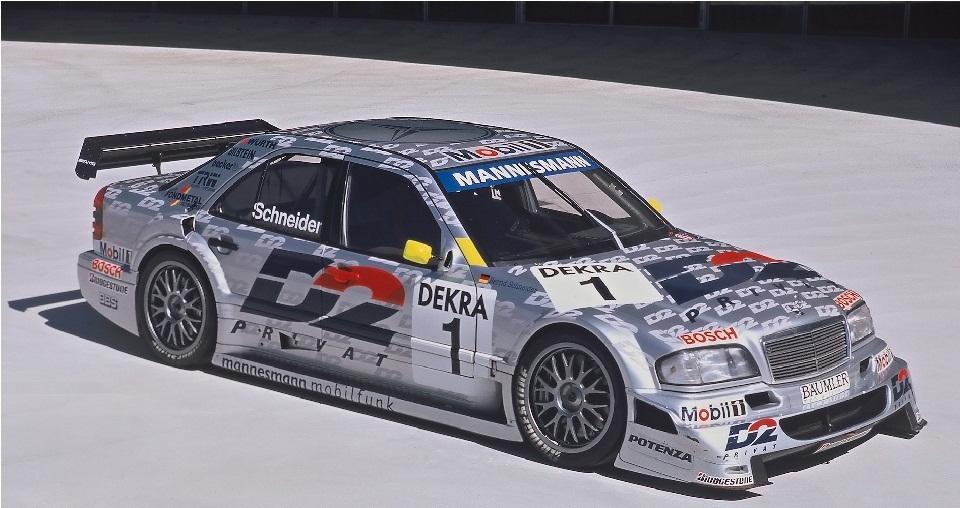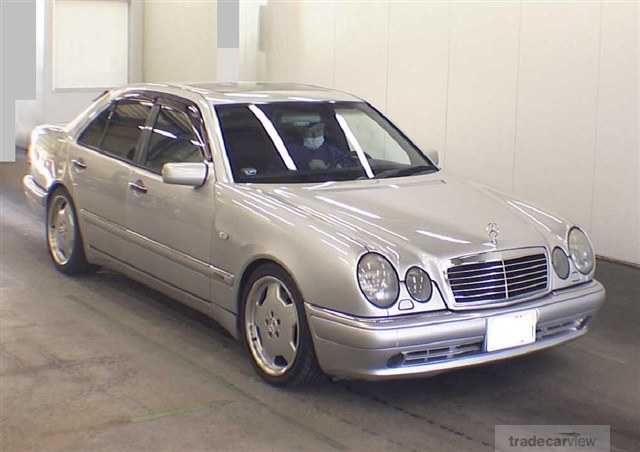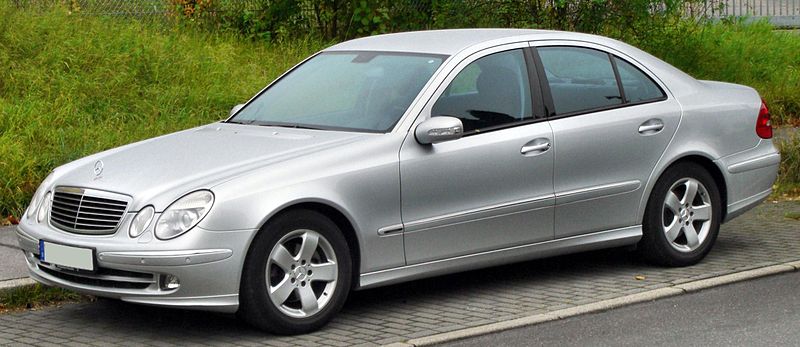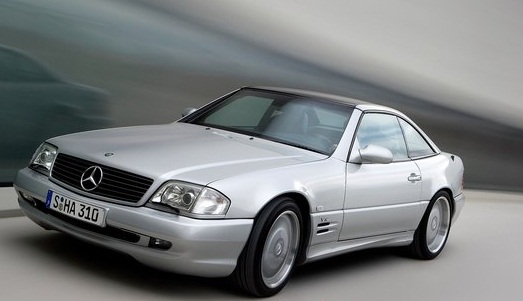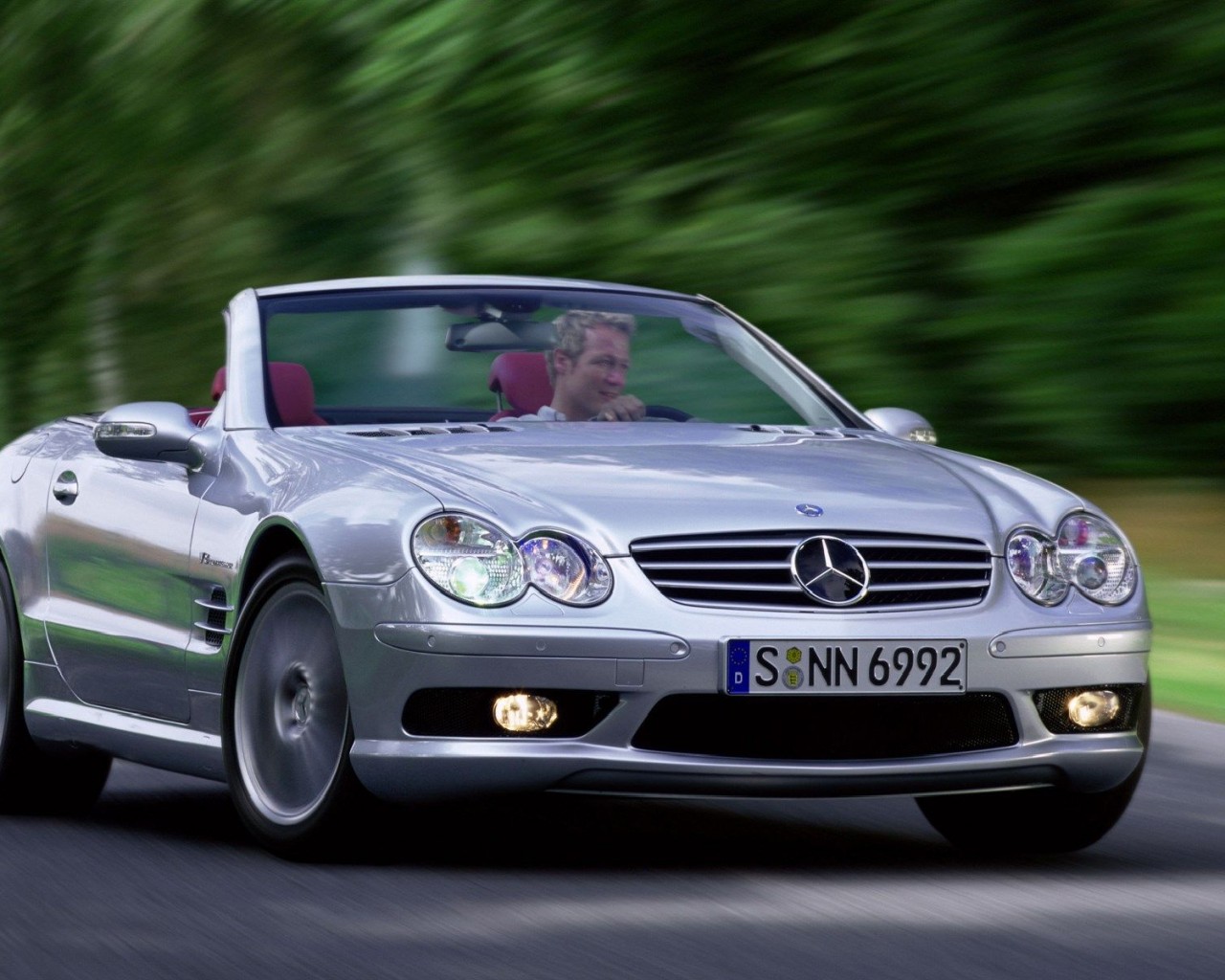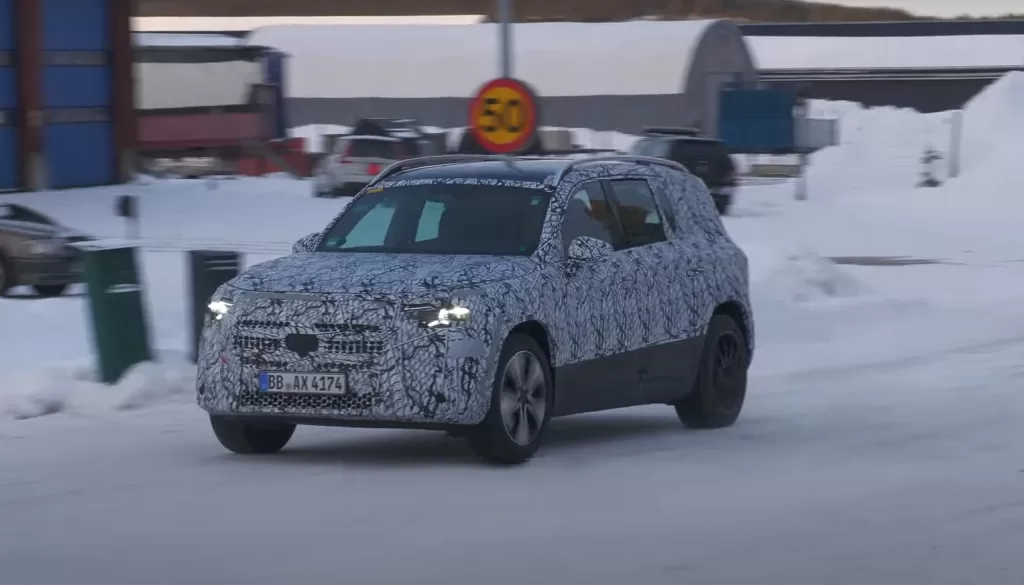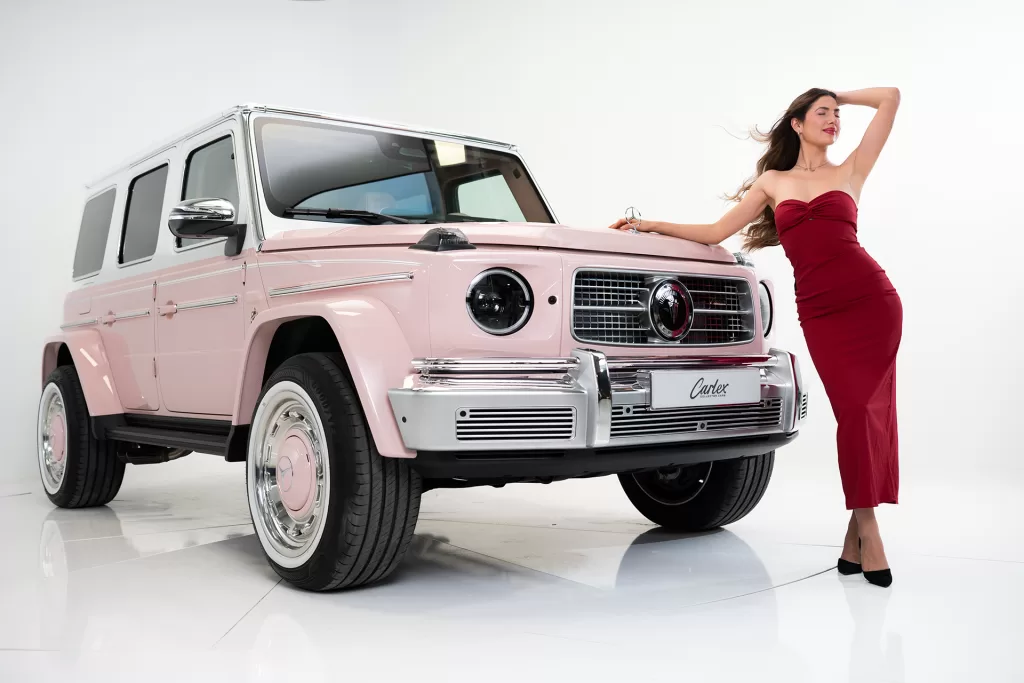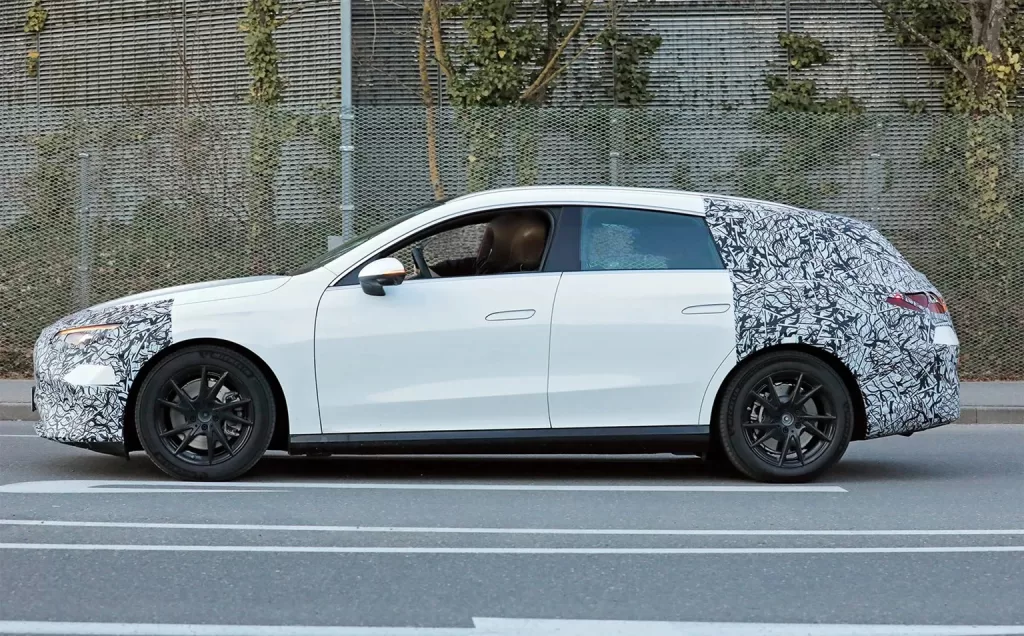The countdown to the 2014 New York Auto Show has begun. In just a few days, we will finally see the official unveiling of the new masterpiece of Mercedes-AMG, which is the Mercedes S63 AMG Coupe. Based on the photos of the car and its rumored specs, it’s surely bound to be stylish and sporty.
The Mercedes S63 AMG Coupe is just one of the numerous masterpieces that the AMG brand has offered us. We have seen it tinker with the other classes of Mercedes such as the C, E SLK, SL, CLS, G and SLS. In around three years, AMG will be 50 years in the industry. It has also been more than two decades since Daimler inked a contract of cooperation with the company.
Over the years, the AMG brand has become synonymous with high-end engineering. Whenever there’s a Mercedes vehicle that has an AMG badge in it, people surely expect a couple of enhancements in the standard variant of its unit. In this Throwback Thursday article of BenzInsider, let us look back at the milestones of AMG that has transformed it into a prestigious brand.
Here are the important events in the AMG history from its founding up to the full acquisition of Daimler of the brand:
1967 — The Beginning of the Brand
The AMG history all began this year when it was founded by two former Mercedes engineers named Hans Werner Aufrecht and Erhard Melcher. Its location was in Burgstall an der Murr, a place close to Stuttgart. The acronym “AMG” meant Aufrecht, Melcher and Großaspach (the birthplace of Aufrecht). AMG originally started as an engine forge.
1971 — The World Notices AMG
The 300 SEL 6.8 AMG crossed the finish line second in its very first outing during the 24 Hours of Spa event against established rivals like BMW, Chevrolet, Ford and Opel. This was AMG’s first taste of worldwide fame.
1976 — The End of the Partnership
Melcher ceased to be a partner of Aufrecht but remained as a key personnel at the Burgstall branch of the company. Moreover, it was this time when AMG moved most of its operations in Affalterbach.
1980 — The 50 SLC AMG
The 50 SLC AMG was developed, which emerged victorious in the 1980 European Touring Car Championship.
1987 — The Hammer Breaks the Barrier
The Mercedes 300 E 5.6 AMG, also known as “The Hammer,” set a top speed of 303 km/h. This was the first saloon to break the 300 km/h barrier.
1992 — The First and Only Woman to This Day to Emerge Victorious in DTM Drives an AMG Mercedes 190 E 2.5-16 Evo II
Ellen Lohr drove the AMG Mercedes 190 E 2.5-16 Evo II. She became the first and, as of now, the only woman to win the DTM.
1993 — Daimler and AMG Cooperation, the Birth of the Mercedes C63 AMG
Having recognized the potentials of AMG in the Mercedes-Benz brand, Daimler and AMG signed a contract of cooperation. AMG became exclusive to the Mercedes brand at this point. It was this year too when the Mercedes-Benz C36 AMG was introduced. The C36 AMG is the first to be made after the contract with Daimler was made.
1994 to 1996 — AMG Mercedes C-Class DTM Car Dominates
The AMG Mercedes C-Class DTM car amassed a total of 34 wins in DTM/ITC, including five championship titles.
1996 — The Mercedes E50 AMG is Born
The Mercedes E50 AMG was built to follow up the success of the Mercedes C36 AMG.
1997 — The Mercedes E55 AMG Replaces the Mercedes E50 AMG
The Mercedes E55 AMG was developed as a replacement to the Mercedes E50 AMG. It offered a new 24-valve eight-cylinder engine.
1999 — Transformation to Mercedes-AMG, the Introduction of the Ultimate V12 Car
DaimlerChrysler acquired 51 percent of AMG shares and the brand transitioned to Mercedes-AMG. It racing engine development section was scrapped, but it continued to operate in Burgstall under the new name HWA (the initials of Aufrecht). The year marked the arrival of SL73 AMG, which is considered to be the ultimate V12 car of the brand to date.
2001 — Launching of the Mercedes SL55 AMG
The Mercedes SL55 AMG, possessing a 5.5-liter supercharged V8 AMG engine with AMG sports suspension based on Active Body Control was launched.
2005 — Daimler AG Fully Acquires the AMG Brand
Mercedes-AMG became a fully-owned subsidiary of Daimler AG after Aufrecht sold his remaining share.
Sources: Wikipedia and Daimler AG

